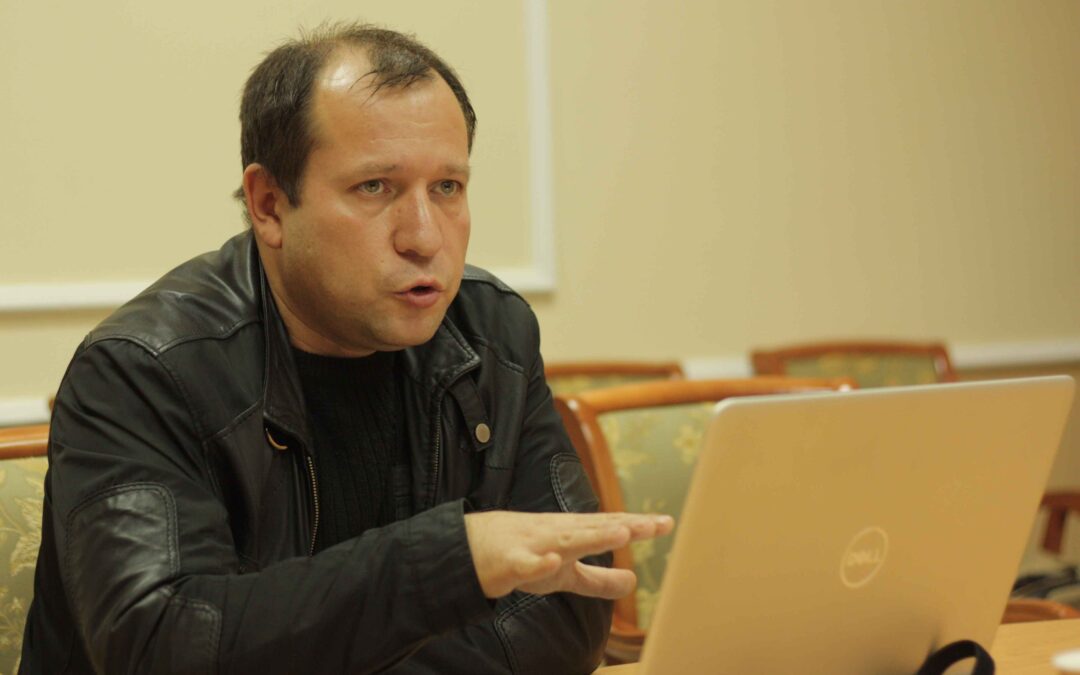
Oct 8, 2013 | News
The Joint Mobile Group was selected as the 2013 Laureate Martin Ennals Award. The ICJ is one of the ten members of the jury.
The Award is given by the International Human Rights Community to Human Rights Defenders who have shown deep commitment and face great personal risk.
The aim of the award is to provide protection through international recognition.
Strongly supported by the City of Geneva, the Award was presented here today.
After the murder of several human rights activists working in Chechnya, Igor Kalyapin (photo) started the Joint Mobile Group.
To reduce the risk they send investigators on short missions to Chechnya to document Human Rights abuses.
This information is then used to publicize these abuses to seek legal redress.
Igor Kalyapin speaking of the effect of international publicity said: “When the international community is watching us it is more difficult for the authorities to take steps against us.”
Micheline Calmy-Rey, Chair, Martin Ennals Foundation said: “The choice of the Jury has again shown that human rights defenders are the most crucial actors and can make a difference on the ground.”
The Jury also selected two recipients of the New Martin Ennals Prizes: Mario Joseph, who is referred to as Haiti’s most important Human Rights lawyer and has worked on some of the most important cases in Haiti, including the current case against the former dictator Jean-Claude “Baby Doc” Duvalier; and Mona Seif, from Egypt, core founder of the “No To Military Trials for Civilians” national movement.
The main award of the human rights movement, the Martin Ennals Award for Human Rights Defenders (MEA) is a unique collaboration among ten of the world’s leading human rights organizations to give protection to human rights defenders worldwide. The Jury is composed of the following NGOs: ICJ, Human Rights Watch, Amnesty International, World Organisation Against Torture, FIDH (International Federation for Human Rights), HURIDOCS, Human Rights First, Front Line Defenders, International Service for Human Rights and German Diakonie.
Watch the MEA movie on Joint Mobile Group
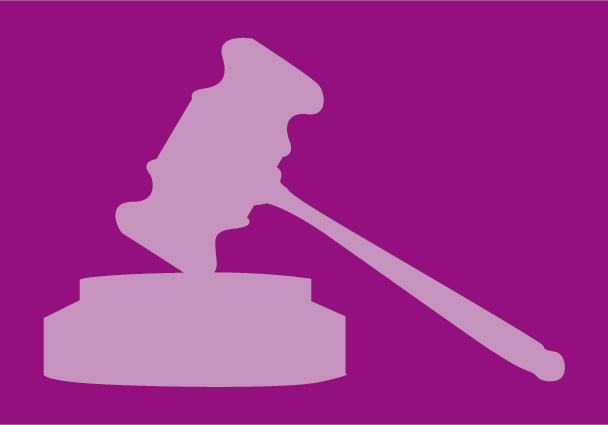
Oct 5, 2013 | News
During a one-week mission that concluded on 4 October, the ICJ received information on the tense situation faced by the Supreme Court’s Constitutional Chamber, whose independence has been subjected to political influence for more than a year.
The ICJ is concerned about a complaint filed with the Legislative Assembly which requests a provisional judgment against four judges of the Constitutional Chamber for alleged prevarication, abuse of power and disobedience. This could result in their removal from the Court.
The ICJ wishes to reiterate that, in accordance with international standards, the judiciary must be protected from any restrictions, improper influences, inducements, pressures, threats or interferences, direct or indirect, including from legislative or executive authorities.
The mission, led by a high-level ICJ delegation that included ICJ Commissioners Justice Philippe Texier and Professor Rodrigo Uprimny, focused on access to justice and legal remedies for victims of violations of economic, social and cultural rights.
It engaged in discussions with members of the legal profession, civil society and various authorities including the public prosecutor office (the Procuradoria General de la Republica and the Procuradoria para la Defensa de los Derechos Humanos), as well as with the Constitutional Chamber.
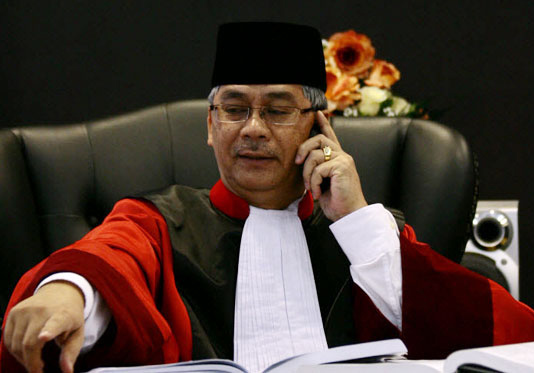
Oct 4, 2013 | News
The ICJ is calling on the Indonesian authorities to ensure that the proceedings against Justice Akil Mochtar fully comply with international law and standards on fair trial and the independence and impartiality of the judiciary.
Justice Mochtar, Chief Justice of Indonesia’s Constitutional Court (photo), is accused of taking a bribe to issue a favourable verdict in an election dispute.
Justice Mochtar was arrested on 2 October 2013 and remains in custody. According to a spokesperson for the Corruption Eradication Commission, he is alleged to have received a bribe, through several intermediaries, from Hambit Binti, a district chief whose re-election was contested.
The Constitutional Court has sole jurisdiction over disputes contesting the conduct or results of elections.
The ICJ calls for a prompt, thorough and impartial investigation of these serious allegations.
The impartiality of the judiciary is an essential condition for respect for the rule of law, and is undermined when judicial decisions are made on the basis of financial inducements rather than solely according to evidence and the law.
Integrity is vital to the proper discharge of judicial office, and any judge must ensure that his or her conduct is above reproach, maintaining and enhancing the confidence of the public in the impartiality of both the individual judge and the judiciary as a whole.
According to the Beijing Statement of Principles on Independence of the Judiciary in the LAWASIA Region, signed by 32 judicial heads of Asia Pacific States, including the Chief Justice of Indonesia, “Judges shall uphold the integrity and independence of the judiciary by avoiding impropriety and the appearance of impropriety in all their activities.”
At the same time, the ICJ stresses that any eventual criminal or disciplinary proceedings, should those be warranted, must respect the independence of the judiciary and Justice Mochtar’s right to a fair trial.
Judges charged with a criminal offence, like all other persons, have the right to a fair trial by a competent, independent and impartial tribunal established by law.
The right to a fair trial in criminal cases as recognized in Indonesia and under international law and standards, including Article 14(3) of the International Covenant on Civil and Political Rights, comprises a series of procedural and substantive safeguards that must be respected during the pre-trial and trial phases.
Contact
Sam Zarifi, ICJ Asia-Pacific Regional Director, Bangkok, tel. no. +66 8078 19002 or sam.zarifi(a)icj.org
Laurens Hueting, ICJ Associate Legal Adviser (International Law and Protection Programme), Geneva, tel. no. +41 22 979 3848 or laurens.hueting(a)icj.org
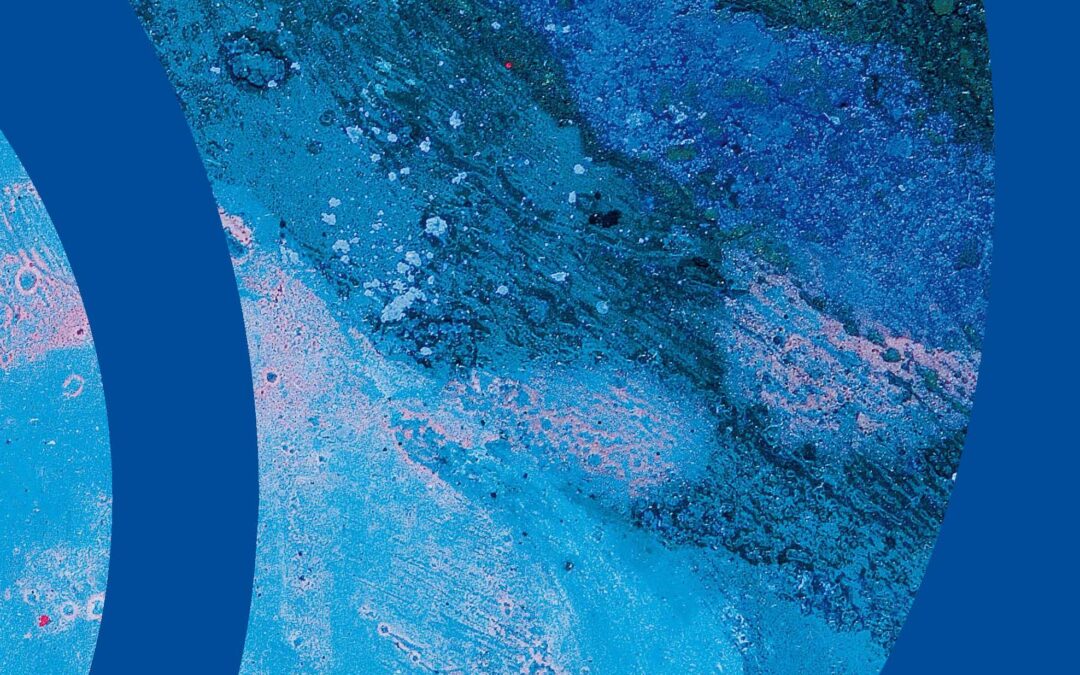
Oct 4, 2013 | News, Publications, Reports, Trial observation reports
In a report published today, the ICJ details a catalogue of violations of fair trial rights and other serious human rights violations committed against those detained in the context of the UAE 94 trial.
The report, Mass convictions following an unfair trial: The UAE 94 case, comes amidst a crackdown on individuals calling for peaceful political reform, who continue to be arrested, detained, prosecuted and convicted for the lawful exercise of their rights to freedom of expression, association and assembly.
The UAE authorities must end this crackdown and ensure the immediate and unconditional release of those convicted in the UAE 94 trial, the ICJ says.
“The UAE 94 trial has been marred with a litany of violations of fair trial rights. The convictions of 69 individuals following this trial must be quashed and those imprisoned must be immediately and unconditionally released”, said Said Benarbia, senior legal adviser of the ICJ Middle East and North Africa Programme.
Those convicted on 2 July 2013 were found guilty of “establishing, founding and administering an organization, with the aim of challenging the basic principles upon which the government of the State is based, taking control of the government and establishing a secret structure for the organization”.
Fifty-six of them were sentenced to ten years’ imprisonment, five of them to seven years’ imprisonment and eight others, who were tried in absentia, to fifteen years’ imprisonment. The remaining 25 accused were acquitted.
The ICJ notes that, since 31 July 2013, many of the prisoners convicted in the UAE 94 case have begun a hunger strike to protest against the conditions of their detention.
They have reportedly been subjected to various forms of ill-treatment, including beatings by prison guards and light depravation.
The authorities have failed to investigate the many human rights abuses alleged to have been committed against those detained in the context of the UAE 94 case, the ICJ says.
Instead, the UAE authorities have continued their crackdown on political activists and government critics, including those that have publicly spoken out in support of the UAE 94 or against the conditions of detention of those imprisoned.
“Rather than live up to the commitment made by the UAE to the Human Rights Council to “place human rights at the top of its priorities”, the UAE authorities have embarked on a sustained campaign to suppress any form of peaceful dissent and all calls for political reform,” Benarbia added. “They must comply with their obligations under international law and bring an end to this cycle of arbitrary arrest, detention, prosecution and unfair trials against of all those that dare to speak out.”
Key findings of the report:
- Most of the detainees were not informed of the reasons for their arrest and promptly notified of the charges against them.
- They were denied their right to prompt access to a lawyer, including during interrogation and were not brought before a judge or a judicial authority within 48 hours of their arrest.
- Most of the detainees were held in incommunicado detention and in secret and unofficial detention centres.
- They were also held in prolonged solitary confinement, which in some cases lasted more than 236 days.
- Most of the detainees were reportedly subjected to torture or other ill treatment by the authorities, including severe beatings, pulling out detainees’ hair, sleep deprivation, exposure to extreme light during the day and night, death threats and other threats and verbal abuse, as well as prolonged incommunicado detention and solitary confinement.
- The Court failed to investigate or order the investigation of such allegations.
- To the contrary, statements and “confessions” alleged to have been obtained as a result of torture or other ill-treatment were admitted as evidence by the court.
Contact :
Said Benarbia, ICJ Senior Legal Adviser of the Middle East and North Africa Programme, tel: 41 22 979 38 17, e-mail: said.benarbia(a)icj.org
UAE-Violations at UAE 94 Trial-Publications-Reports-2013 (full text in pdf)
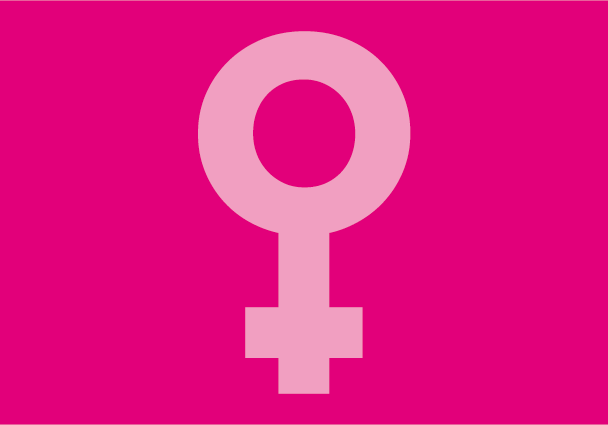
Oct 4, 2013 | Events
On 2 and 3 October 2013, the Office of the High Commissioner for Human Rights held a workshop on business and gender with the Human Rights Council’s Working Group on Discrimination against Women.
The ICJ participated in the workshop, addressing some of the ways in which business actors may be involved in women’s rights abuses and how States may fail to discharge due diligence obligations in this context. The ICJ’s presentation had a particular focus on accountability and the right to redress, and also explained the relevance to those issues of States’ extraterritorial obligations in respect of economic, social and cultural rights.
ProgrammeAgenda-BusinessAndGenderWorkshop (download the programme agenda for the workshop)









